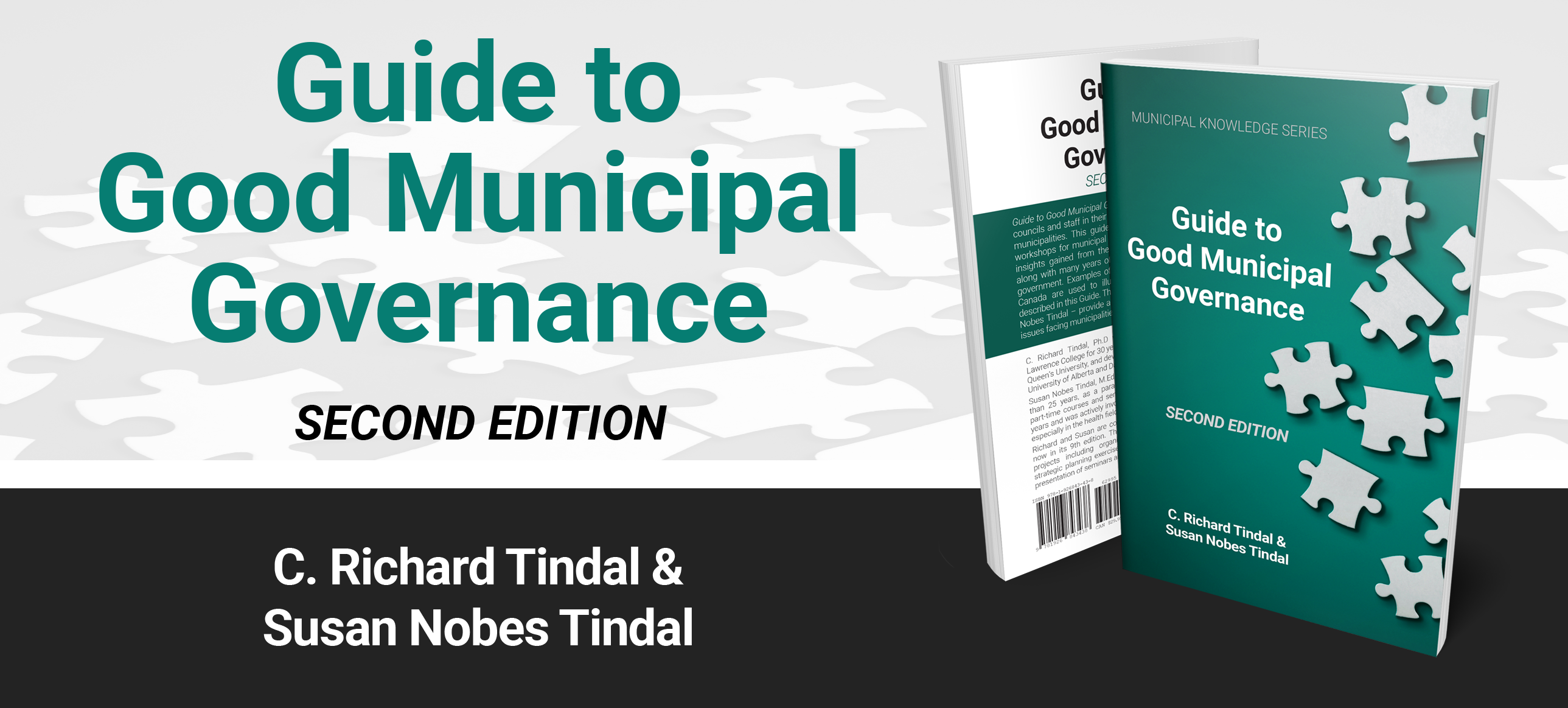Exploring the relevance of strong mayor powers

On Oct. 19, 2022, less than week before municipal elections, the Institute on Municipal Finance and Governance held a panel discussing the advent of so-called “strong mayor” legislation in Ontario. The specific question on the table was what difference – if any – the provision of stronger powers would make for the mayors of Toronto and Ottawa. The answer to that question continues to be open, although the panel provided several perspectives on what strong mayor powers might and might not actually mean for effective municipal leadership.
The inspiration for the strong mayor powers as contemplated in Ontario is the mayor-council model of the United States. Karen Chapple, Director of the School of Cities at the University of Toronto (U of T), provided some useful perspective on how the model is employed. Significantly, the prevalence of a mayor-council model has actually declined in the US, from 56 percent of municipalities in 1994 to just 44 percent by the end of the following decade.
A Model Partially Emulated
A panelist noted it was an amusing illustration of Canada’s propensity to adopt ideas as new just as they go out of fashion in the US. Moreover, there are many questions regarding the effectiveness of the mayor-council model. There is a far greater potential for corporate influence, a likelihood for more partisanship, and a larger possibility of both corruption and micromanagement.
Chapple also noted fundamental structural differences between the U.S. and Canada that will play out in a strong mayor context. Unlike Canada, chartered cities enjoy considerably more autonomy in the United States, and the position of mayor as chief executive of the municipality in the mayor-council model does not sit as a member of council.
A Veto If Necessary (But Is It?)
A major source of controversy about the Ontario legislation has been the idea of a mayoral veto. An essential question discussed at the panel is whether it is even needed. Matt Elliott, a Toronto Star columnist and publisher of City Hall Watcher, brought an objective view to the question. Having diligently tracked every vote in the last council session, a majority of council members voted with the mayor in 98 percent of instances, an enviable tracker record. The idea of a veto being relevant presupposes frustration of the mayor’s agenda by council, something that only emerged during the Rob Ford administration, but certainly provides a motivation for introducing the veto.
It was also suggested that there was the potential to use the veto symbolically. By discussing the veto, or suggesting the possible use of it, a mayor might be able to influence how a particular issue gets addressed. While this may work in specific and isolated instances, care needs to be used in not overplaying this hand, lest it become a meaningless and empty threat. More important is a balanced approach that reinforces and underscores the current efforts required to build consensus and support amongst councillors in governing.
A Call for Leadership and Accountability
While deploring the way strong mayor powers have been legislated (words like “indefensible” and “inexcusable” were used), Gabriel Eidelman suggested that changes to the executive powers of the mayor may in fact be relevant, at least in the context of municipalities the size of Toronto and Ottawa. Eidelman, Founder and Director of the Urban Policy Lab and an assistant professor at U of T, said the responsibility for leading the budget and for hiring and firing senior executives was a potentially promising move.
In particular, he noted that budget development tended to be a frustrating process that made changes in small increments. Staff recommend a draft budget, it gets tinkered with by council, and ultimately gets substantively adopted in the form that was proposed. The overall system perpetuates a means of avoiding accountability: staff state that they are following the direction of council, while council points out that they are deferring to staff direction.
The “power to propose” drives an expectation that mayors should lead. In the context of a large, ward-based municipality like Toronto or Ottawa, the mayor is the only politician elected by a majority of the full population. In theory, they are best positioned to know the overall priorities of the city. Consequently, there is some merit in thinking that the leadership powers afforded to mayors under the legislation could bring about more effective results and greater accountability.
Complex Policy Requires Complex Thought
While mayors might gain greater authority and be able to exercise more leadership, there is an essential question of how policy gets developed. The impetus for strong mayor powers is theoretically to drive a radical increase in housing in the province. Housing is a complex challenge, with a lot of moving parts. Alison Smith, assistant professor at U of T and expert on housing policy, noted that this is a complex challenge. It is also one that is fundamentally owned by the province.
Smith offered that this moves the potential for decision making behind closed doors, with minimal local autonomy and the majority of power held by the province. The issue is on where the province is not willing to invest the political capital to drive change. By introducing this legislation, it tempts mayors to take action that the provincial government will not.
If there is genuinely a desire to improve complex challenges like housing, then there is a need to have the relevant voices at the table. If this is truly a priority, then the province has room for movement through partnership, powers sharing, and especially providing the funding necessary to deliver results. Ontario was a recognized leader in housing policy, developing the Ontario Housing Corporation under the government of Premier John Robarts. This move, which led to the creation of more than 80,000 public housing units, was bold action that was justified at the time as necessary in order to do the right thing.
A Question Not Fully Answered
The panel, moderated by Zack Taylor, associate professor at Western University, acknowledged that there is the potential that enacting strong mayor powers may attract a different class of leader. Looking to examples in the United States, however, those instances have often been the exception rather than the rule. While the legislation might generously be seen as establishing the potential for improved leadership, there is no guarantee. Much depends upon the intention and motive of a mayor in assuming office, and the degree to which they are still prepared to collaboratively and constructively lead and support their council.
A question that remained unaddressed by the panel – despite it being raised twice – is how broadly the strong mayor legislation can be applied. There is absolute latitude that exists in how the act can be interpreted, and the breadth of what can be – or interpreted to be – a provincial interest. The wording of the act is key in this regard. It states that “if the head of council is of the opinion that all or part of the by-law could potentially interfere with a prescribed provincial priority” then they may exercise a veto.
Stated provincial interests are broad. Opinions about potential interference in those interests are even broader. There is a great deal more to be explored. MW
✯ Municipal World Insider and Executive Members: You might also be interested in Mark’s other article: Strong mayors: A solution looking for a problem.
Mark Mullaly is the President of Interthink Consulting.
Related resource materials:



